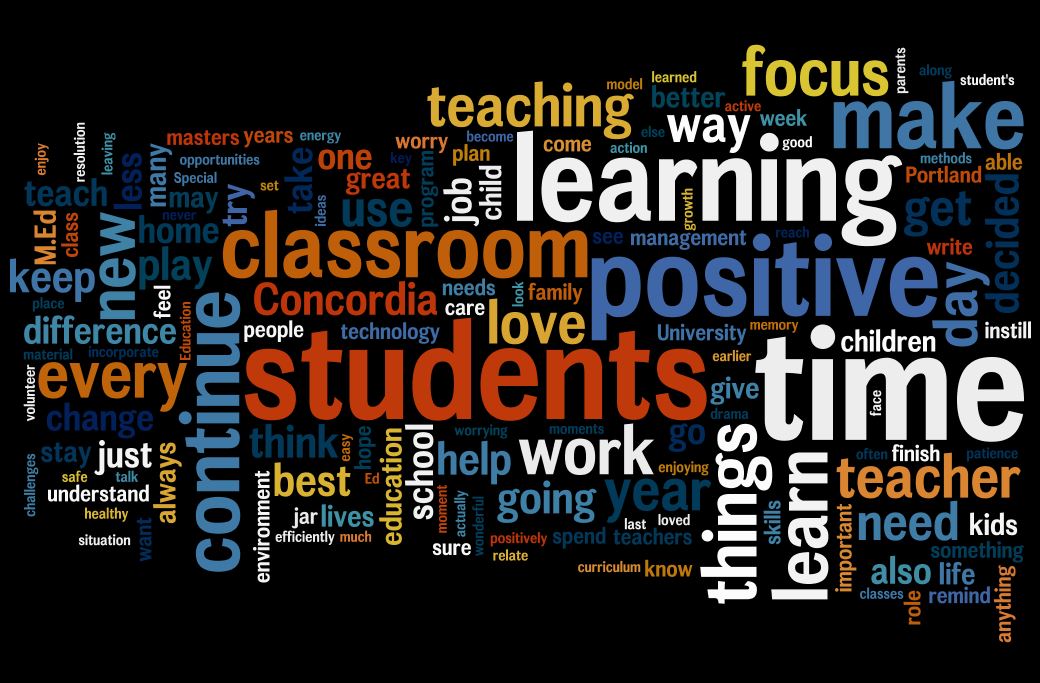4 January 2020

WoW: orientation
Communication Focuses
|
READING |
WRITING |
ORACY |
|
|
|
|
Happy New Year! Happy New Teaching!
|
Teaching and Learning Priorities
Climate for learning – students will be enthused by their learning and will be focused, absorbed and attentive (DMC).
Vocabulary – the words that we use and expect the students to be able to use in context, to succeed in their lives beyond Walton le Dale High School (ACH).
Purposeful Interactions by all – if students are communicating, it must be purposeful allow their needs to be met. Interactions should enhance the learning of ALL students at ALL times (CRO).
This Week:
- NQTs – Please meet with mentors this week to agree targets for this half term. Meetings with RLO commence next week.
- CPD for new staff, NQTs and Trainees - SEND provision, Inclusion, IQM, Dyslexia-friendly status, TA support in lessons: 23rd January in D14 with JMA (postponed from last term).
- Teaching and Learning – please see the separate document (attached to the T&L Digest email) containing an overview of progress against teaching and learning targets for the autumn term.
Reflect on Your Practice:
Our ‘Brilliant Teaching and Learning Toolkit’ – created by the teachers of Walton le Dale – is underpinned by Rosenshine’s Principles of Instruction (as well as other texts). This working document of daily classroom planning and practice, provides a cross-section of the new Teaching and Learning Policy (paper copies provided before the holiday) which will be the subject of discussion of the course of the coming term. The basic principles are summarised in three words: feedback – plan – teach (borrowed and tweaked from Ross Morrison McGill).
The One Page Summary below is a useful starting point. We will all need to read, digest and discuss the document over coming weeks and months as this is what we will expect to be happening everywhere in school at all times. As always, please read and discuss the document in departments (RLO will direct you to look at specific sections in due course) and feedback by email. Please discuss this one page summary, as a starting point.
Feedback is fundamental in formative assessment, which is the key to enabling students to progress. It has two key purposes: to allow students to make progress over time; and to inform future planning and teaching.
- Teachers must have a secure overview of the starting points, progress and context of all.
- Marking and/or feedback must be primarily formative, may be selective and include MAD time to allow students time to reflect and Make A Difference to their assessments.
- Feedback must be regular.
- The whole-school marking policy must be actively used and discussed with students.
Formulating a coherent, cohesive and well-structured learning sequence is a process, as opposed to the plan, which is the product. The plan should encourage high quality learning which meets the needs of all students.
All teachers are expected to:
- Be clear and precise about the knowledge and skills that you want students to learn, not what you want them to do. Break the skills and knowledge down.
- Ask ‘why’ when planning learning. Do not include activities to keep students busy. Learning must be central to every element of the plan.
- Have evidence of long-term planning from schemes of work and short-term planning in teacher planners (or evidenced elsewhere).
- Differentiate to plan over time to ensure a Quality First approach which meets the needs of all in the room and optimises the use of any additional adult in the room.
- Create a seating plan on ClassCharts that accounts for their profile and makes full use of information available.
- Implement the Basics@WLD; there should be no dead time. This includes a flying start, with students purposeful from the beginning.
Fulfilling the role of teacher is fundamental to allowing successful learning and progress to take place.
All teachers should:
- Be teachers of literacy (communication) and numeracy. The quality of both students’ and teachers’ language, such as in concise instructions and questioning, are determinants of progress. Making the implicit, explicit.
- Be explicit about the learning outcomes (or big question) and key vocabulary.
- Be flexible and adapt: the flow or great learning is more important than sticking rigidly to the plan.
- Ensure that the students work harder than they do, over time.
- Build in retrieval activities and interleaving to create effective learning sequences. Students should know more and be able to do more.
Top Tip Schedule
Subject Heads, please ensure that someone from your department is ready to share a ‘Top Tip’ on the designated date.
|
W/C |
Day |
Department |
|
06/01/20 |
WEDS |
Humanities |
|
13/01/2020 |
WEDS |
SENDCO |
|
20/01/2020 |
FRI |
Pastries and Progress Open Door Week |
|
27/01/2020 |
MON |
Careers |
|
3/02/2020 |
WEDS |
Maths |
|
10/02/2020 |
FRI |
Computing |
CPD Cascade
Study Groups 2019-20
A reminder of the key focuses within departments:
- Expressive Arts – improving engagement in Year 9
- Computing – Developing the use of Teams to allow learning beyond the classroom
- Mathematics – recall and retention
- Art – Engagement of boys
- English – use of knowledge organisers
- MFL – Speaking examination – extended pupil responses; Listening and reading: developing confidence
- Humanities - progress of middle attaining boys
- PE – Link between theory at KS3 and KS4
- Technology – Developing the use of homework at KS3 to prepare students for KS4 course
- Science – personalised learning plans for each student in each science.
Posted by Rachel Long
Category: Teaching and Learning Digests
